When it comes to David Fincher/Brad Pitt collaborations, the first movies that likely come to people’s minds are Fight Club, and Se7en. And, look, I get it. Fight Club is still arguably David Fincher’s best movie.
Not only that, but Se7en is one of the best horror movies of all time. So, it makes sense that Pitt + Fincher = either one of those two movies in people’s minds. The thing is, there’s a third movie that they worked on together, and that’s 2008’s The Curious Case of Benjamin Button, which I’m upset that nobody really talks about these days.
Which is surprising, because at the time, the film was highly lauded. Well, Fincher and Pitt are actually coming back together again for a Once Upon a Time in Hollywood follow-up, but until then, can I please gush over this movie?
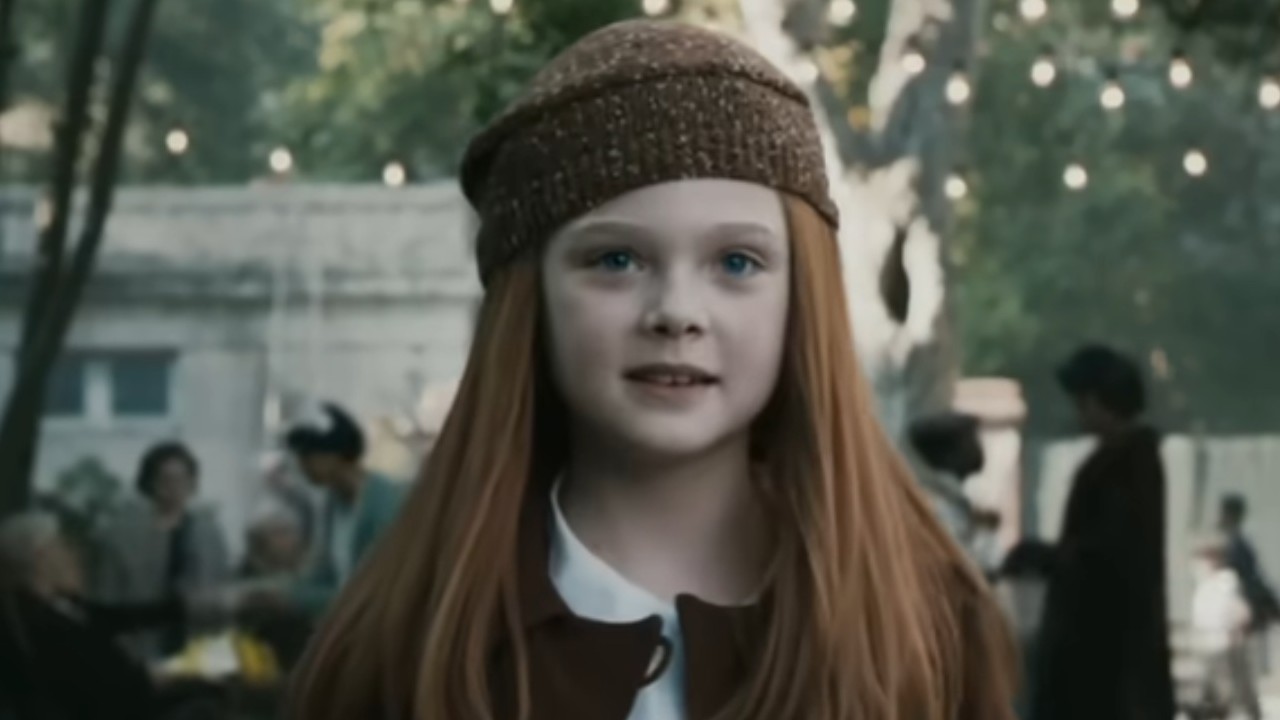
On The Surface, It Doesn’t Seem Like A Dark Film, But It Is
I actually tried reading the F. Scott Fitzgerald short story that this movie is based upon, but I put it down after only a few pages. So, from my short read, The Curious Case of Benjamin Button is a better movie than book. That said, you might be wondering why I didn’t finish the short story, and the answer is simple – I didn’t like the tone.
You see, even though the concept of a man aging backward seems quite silly on paper (and, from what I read of the short story, it reads silly in Fitzgerald’s version), the movie treats this scenario seriously, which is completely on brand for Fincher.
The story concerns a baby who looks like an old man, and eventually ages backward, so that when he learns to walk, it’s with crutches. When he meets a young girl named Daisy (played by Elle Fanning as a child, but Cate Blanchett as an adult), he becomes fast friends with her, because he IS a child, even though he looks decrepit.
This doesn’t sound like a dark story, but it is. Benjamin and Daisy eventually fall in love, but it’s only when they both reach the middle of their lives, meaning that there’s so much lost time between them. By the end of the film, Daisy is taking care of a “young” Benjamin who has dementia, and it’s almost overbearing in its sadness. It’s a great film, but man is it depressing.
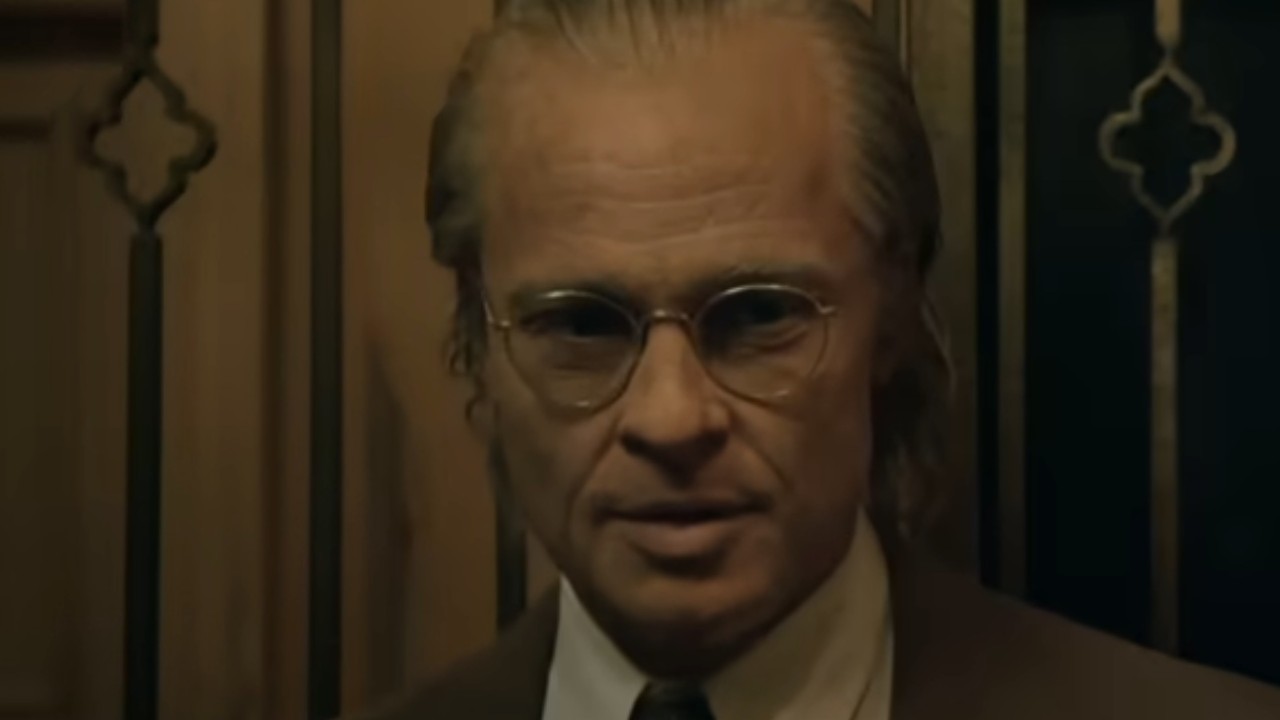
Brad Pitt Gives The Performance Of A Lifetime
Though Benjamin Button isn’t often referred to as one of the best Brad Pitt movies, it’s certainly not one of the worst, either, that’s for sure. However, one reason why I think a lot of people don’t frequently talk about this movie is because even though the performances are all very good, they’re also very subtle.
There are no grand, sweeping performances like Daniel Day Lewis in There Will Be Blood. No eccentric, off-the-wall performances like Johnny Depp in Fear and Loathing in Las Vegas. No. Every character in this film is quiet and understated, and Pitt does a great job of providing a somber performance.
Because even when Benjamin is happy, he seems sad. Or rather, there’s a certain sadness to him. Even as a “child,” with his wrinkles and arthritis, he seems to have a weary, traveled look to him, which doesn’t lessen when he gets “younger.” In fact, he appears even more weary throughout the passage of time, which seems obvious, but again, this is a story about a man who is aging backward, not forward, and he’ll eventually be a teenager with the brain of a moribund man.
Pitt somehow pulls it off. You genuinely feel tired by the end of the movie, and I think it’s because of his understated and quiet performance. There’s no Tyler Durden or Aldo Raine here. I actually think this role might be even better. It certainly feels more difficult.
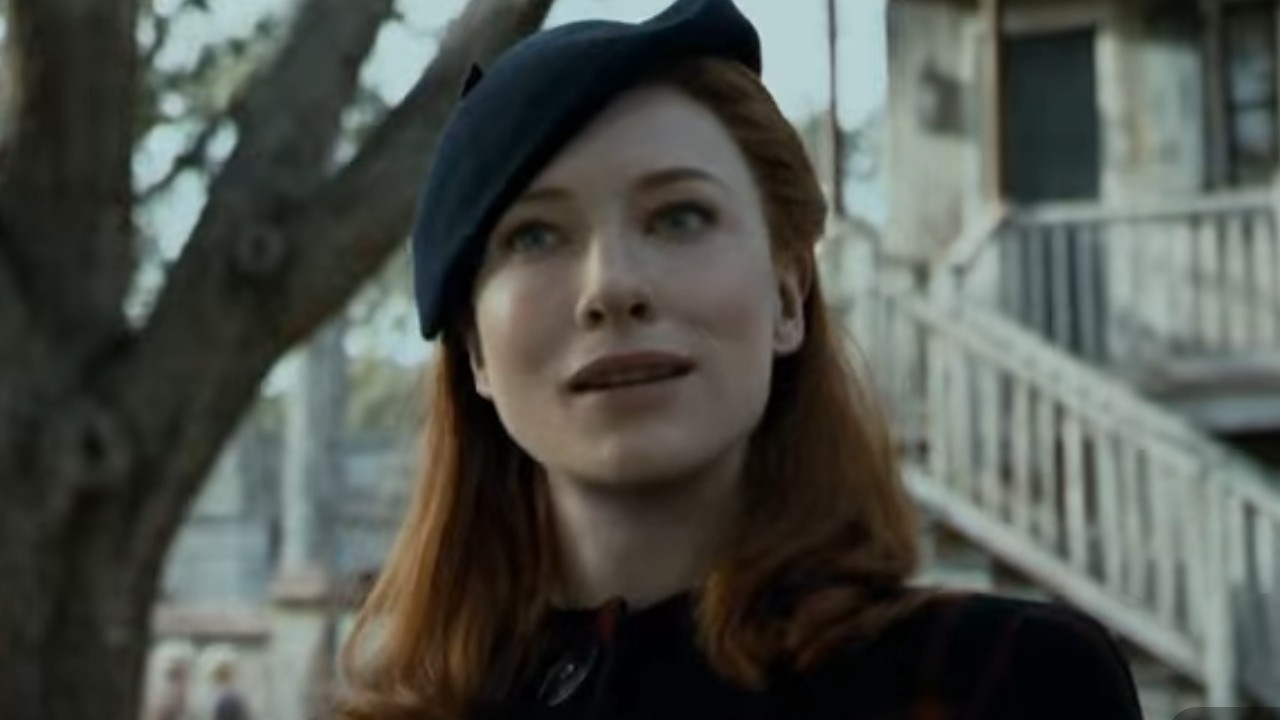
Cate Blanchett Is Also Wonderful
This almost sounds silly to even mention, as when is Cate Blanchett not wonderful, but she’s also phenomenal in this movie. In fact, I’m actually quite surprised to learn that she wasn’t nominated for the Best Actress Oscar, as the film was nominated for 13 Academy Awards (and won three, which I’ll get into next).
Her performance might be even sadder than Pitt’s, because she’s really the lynchpin of this entire movie, which is, in fact, a romantic fantasy. As mentioned, her character, Daisy, and Benjamin just can’t seem to meet at the right time in their lives. Daisy wishes to be a dancer, and lives out her dream. But, after a horrible accident, she can’t dance anymore. Still, it is not the right time for her and Benjamin, and they go through many years where they don’t see each other.
It is only at a specific point in their lives when they can truly love each other, and it doesn’t last long enough. Yes, they have a child together, but since Benjamin is aware that he likely won’t be a good father, he leaves Daisy and his child with money to live out their lives. But, you get a sense that Daisy would be willing to weather the storm if it meant that they could all be together.
It’s a sad performance, and one that Blanchett handles effortlessly, which, as already mentioned, is expected from such a master actor.
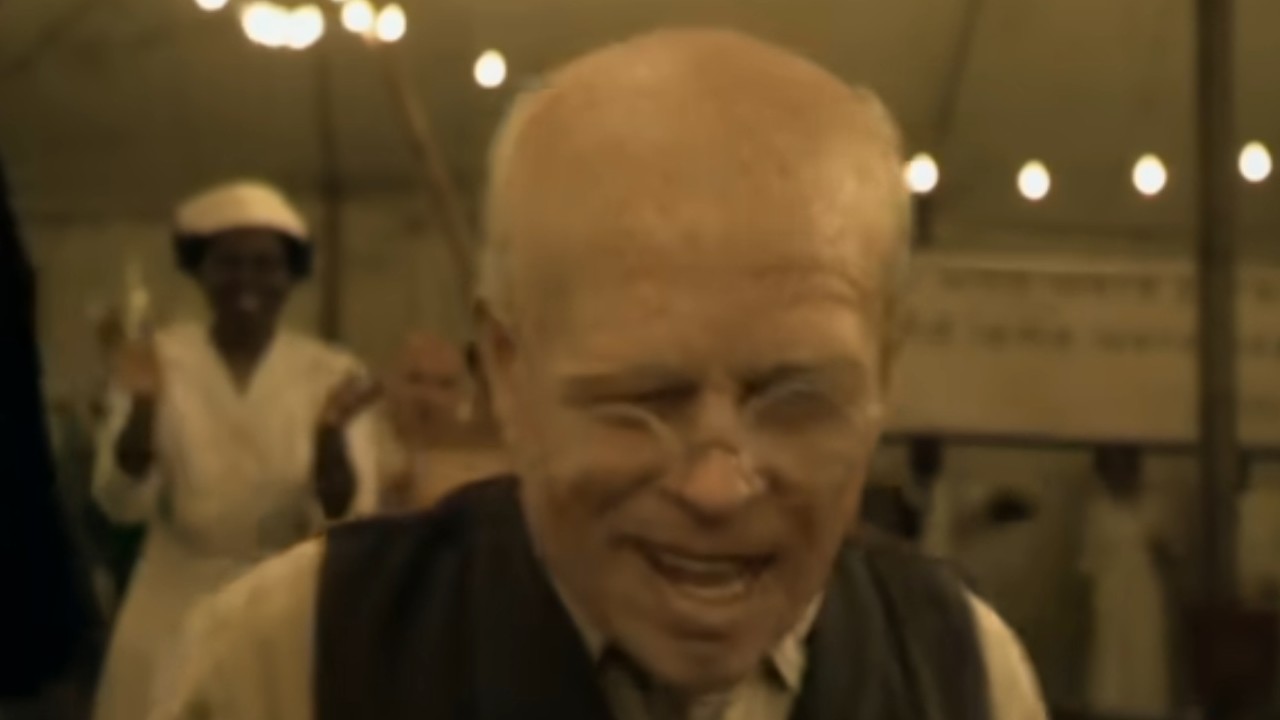
Its Visual Effects Are So Good They Make Me Want To Cry
Not too long ago, Godzilla Minus One took home an Oscar for Best Visual Effects, and believe it or not, I was upset. Now, I wasn’t bummed because I think it shouldn’t have won in this category, as it definitely should have. However, I thought it should have been nominated for (And won!) Best Picture as well. I’m still upset that it didn’t.
The same actually goes for Benjamin Button, as while it did win 3 Academy Awards, it was all in the visual department, those accolades being: Best Art Direction, Best Makeup, and Best Visual Effects. That said, even though I think the film should have won more (Perhaps Best Supporting Actress for Taraji P. Henson?) I really do think that the special effects in this film add to the story, because they make me want to cry!
Watching Pitt age down really is astonishing, even to this day, but the true miracle is watching the other characters age up. The contrast is startling, as watching a child Daisy turn into a woman, then into an elderly person, all while seeing Pitt get younger and younger, just doesn’t feel right.
However, the visuals themselves do a lot of the storytelling, and I think the makeup tells its own narrative, which is something I can’t say for many other movies outside of this one.
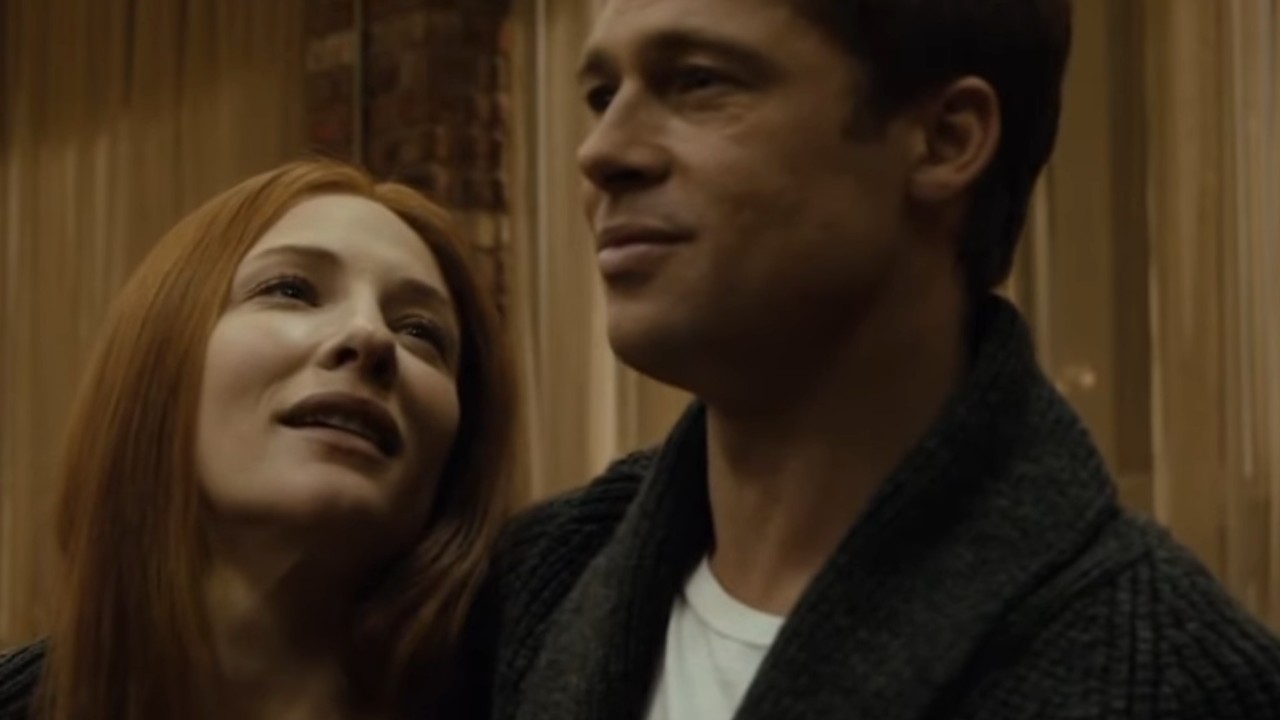
Over The Years, This Almost Feels Like Fincher’s Hidden Gem
Every great director has a hidden gem in their filmography. For Scorsese, I think it’s After Hours, and for Kubrick, it’s none other than Barry Lyndon. But for Fincher, I think it’s The Curious Case of Benjamin Button, which seems strange, because again, it was nominated for THIRTEEN Academy Awards.
But, who talks about it anymore? That’s a problem for me, as it feels completely forgotten, and it shouldn’t be. It’s unlike any other film in Fincher’s filmography, as it’s almost meditative in nature.
That alone is special, but the story, acting, special effects, and score also make this film one for the ages. If you haven’t watched it in a while, watch it again. Fincher was firing on all cylinders with this one.
What do you think? Have you seen it in a while? I’d love to hear your thoughts.
